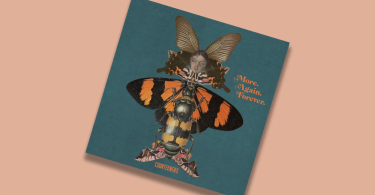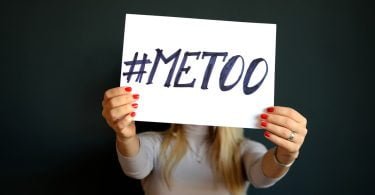BBC Radio 1 was recently rapped after playing Something From Nothing by the Foo Fighters, a track which contains two swear words, without censoring them.
OFCOM, the regulatory body which looks after broadcasting, said that the radio station broke their code as the live session recording was played at a time when children could be listening (first at 20.00 and then at 07.55 the following morning).
But it has been questioned whether swearing is still a big issue in music, and with it becoming less of a taboo as time goes on, is there still a need for swearing to be censored on the radio?
Too much swearing
After speaking to a few members of the public, one mother said, “As a mum of a three year old, I think censoring of swearing is very much needed in music. [There is] nothing worse than your children copying.”
Although there is a 9pm watershed for radio, it is not as fixed as it is in television. Programmes that include sensitive topics and strong language depend less on what time of day it is than on editorial merits and also on the signposting of programme content.
Under broadcasting regulations, music networks should take care with programmes that contain strong language at times when children might be listening.
Swearing is a part of modern life
Nevertheless, HELP Sheffield (a volunteer group) believes that radio should only play uncensored music after the 9pm watershed, regardless of the editorial merits and signposting.
Jack Vernon, 19, said, “Swearing is a part of modern life and has its place in some forms of music, but radio stations should adhere to the watershed.”
But with magazines like Kerrang! that contain swearing in quote form or in opinion pieces available to children at any time of day, and access to internet becoming more open than ever, radio might be seen as the least of some people’s problems.
In fact, according to the Radio Joint Audience Research body, 89% of the population still tune into radio stations every week.
This is a huge number of people that still listen to radio stations, and a huge number that could be influenced by what they hear. For example, a parent could have the radio on whilst preparing dinner with their children running around, or in the car with their children in the back. Who knows what these kids might pick up. It’d be a teacher’s nightmare if a whole nursery class began to run around their nursery shouting ‘fuck this’ and ‘fuck that’.
Swearing in music
It can be argued, however, that swearing in music is all part of the art form.
Will Morris, 21, said, “If they (the radio station) think it needs censoring then don’t play it. The artist made the music, don’t change it.”
The word ‘fuck’ is becoming almost as popular as the word ‘the’ in people’s sentences, and although it is becoming less of a taboo in society and a lot more common, the general consensus is that we don’t want kids picking it up from a very early age because of what they hear on the radio. It’s also vital that we stop trying to change music – if an artist has created a song with a swear word in it, don’t censor it, just wait until the 9pm watershed.
There will of course be some exceptions, such as the UK Top 40 countdown at the end of each week. Unfortunately, censoring is murky ground and will continue to be an issue until we don’t mind having young children who’ve just learnt their first words screaming the C word at us.








